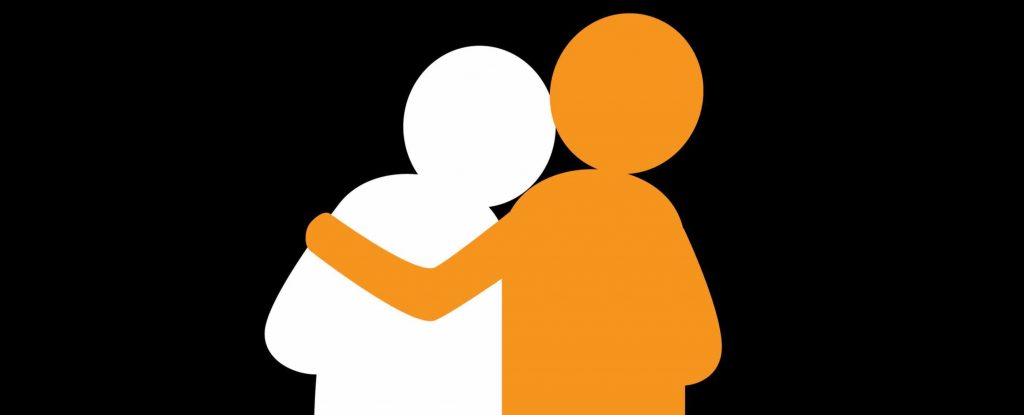
One of the most stupid platitudes, an old adage, that I have ever heard is “Whatever doesn’t kill you makes you stronger.” With a sarcastic tone of voice in my head, I think, “Yeah, right.”
My friend Jatin lost both of his children through separate ways. The saying is certainly not applicable to him and what about me? Well, I saved a man’s life and had subsequent permanent damage to my hips, knees and lower spine as a result. I had to learn to rewalk and my body is Not stronger, for sure!
Anyone who would think that the answer for either Jatin or me is that we grew stronger, I beg to differ. … Both Jatin and I have the same resolve, overall personalities and life purposes as we always have basically had. So I see no great revelation from that standpoint from the idiotic old saying.
Now, it hit me hard when Jatin’s second daughter gradually died. I loved her and she had been in my classroom. Yet of course it hit Jatin undeniably harder. After all, he had to watch her have two bouts of therapy for leukemia. He had to be there for her when she had spinal fluid injected in her from a partial-match donor. He had to be with her in a hospice family unit until the point that she died. Then he had to bury her body.
Can you imagine losing both of your young children? Making you stronger is a cover-all piece of nonsense if I ever heard one.
I know a great deal about Jatin as we are candid with each other. For example, he had a nervous breakdown in the USA mostly because he was so lonely and alone after a lifetime of family living with all sorts of relatives in India. He looked like a physical wreck driving from central Massachusetts to the hospital in the eastern part of the state — traveling to Boston where his daughter was hospitalized. I also found him through a caring friend of mine, a psychologist with her doctoral degree, a mental heath therapist.
The best provision, though, that I gave to him was just to listen with empathy and compassion while he went through the process of his daughter slowly dying with great pain and suffering on her part. How does one deal with such a happening?
One way is to unburden oneself verbally to others who want to help you and who are good, careful listeners. … I tried to be one. I knew that it was an important task for me to undertake even though some of his information made me cring and get tears in my eyes. Then I would respond to his narrative while trying to bring emotional uplift and my own perspective to him.
Especially during these coronavirus times, we all have to practice being good listeners. We also have to offer help when we can do so.
Jatin certainly knows that. He does not live in my town and phoned me yesterday. He called to tell me that he would do anything for me that I may need or want from him. The list included buying my groceries if I were to give him a list of them, mowing my lawn and so on.
I was very moved by his offer, but not surprised. After all, we hit it off from the get-go. How not so since we have many of the same intentions in life? Clearly he is a part of me and I — of him.
Even with social distancing, we can keep to our central values through good times and bad ones. We can still provide much that is clearly important to others And to ourselves in the process. In short, we can maintain our humanity by being humanitarian.
Sally Dugman lives in MA, USA.
SIGN UP FOR COUNTERCURRENTS DAILY NEWS LETTER









































